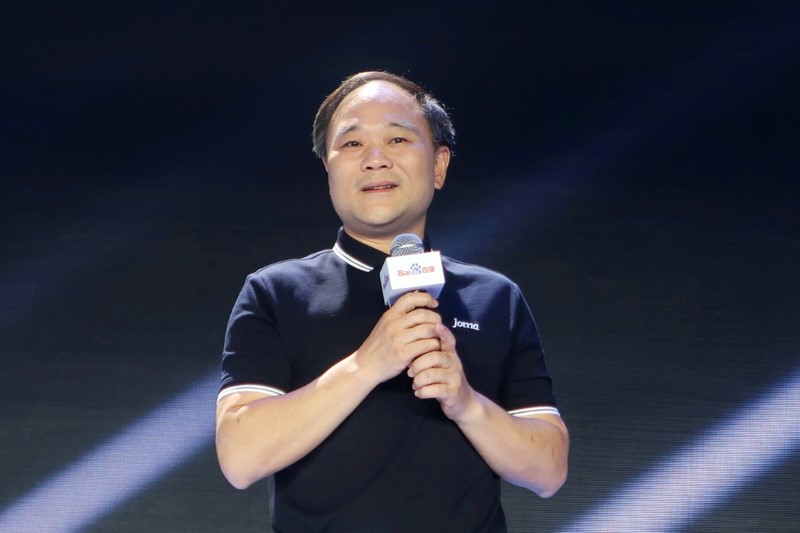Company to continue biofuel plan – even though the effort may fail
Electricity may have to wait.
Geely has decided it will continue its methanol engine development programme. But there’s no guarantee it will work.
Chairman Li Shufu said the Zhejiang-based company will remain one of a small number of car makers to press on with its plans, including testing methanol taxis in some western Chinese cities as well as developing methanol-powered lorries.
Li said Geely, which owns Volvo Cars and 9.7% stake in Daimler AG, invested in Carbon Recycling International, an Icelandic company, to work on technologies to produce methanol with carbon dioxide, in a way to lower overall carbon emissions.
“We will keep exploring methanol vehicle technologies. Of course it might fail in the end, but currently we are still working on it,” Li told an industry conference in the western city of Chongqing, without elaborating.
Methanol fuel would boost China’s energy independence as the country has huge amounts of coal, which can be converted to methanol. Geely’s Li has also said he expects methanol vehicles to be cleaner than gasoline models.
Li did not offer details of the technology. He has told Reuters that Geely would expand production of methanol-powered vehicles.
Geely is also developing battery electric vehicles, petrol-electric hybrid cars and hydrogen commercial vehicles.
China, the world’s biggest auto market, is developing electric and hydrogen fuel-cell vehicles.
- Track China’s electric vehicle market on the AF Asia Financial China Electric Vehicle Index (AFCEV), which represents the electric vehicle ecosystem of the Chinese economy. It contains companies building electric vehicles as well as supply chain companies manufacturing parts and batteries for electric vehicles. The index is equally weighted and rebalanced every quarter.
-
Reporting by Reuters
























